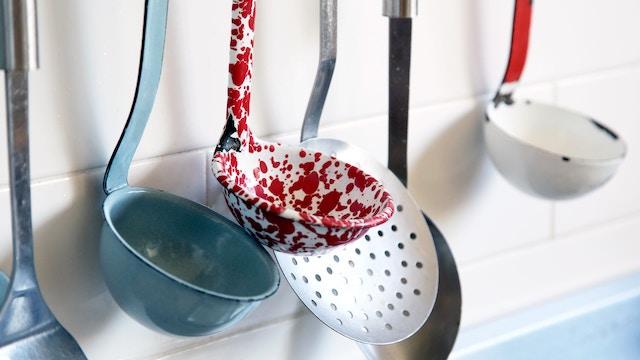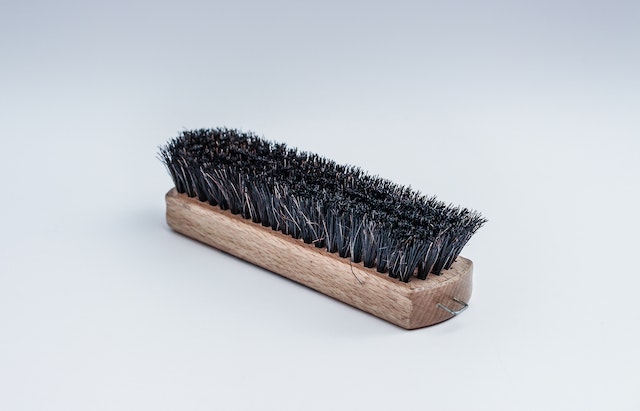Do you have oil going down the drains of your Raleigh restaurant?
Did you know that cooking fats can easily harden in the pipes?
This process leads to fat accumulation. According to the EPA, grease buildup is the number one cause for sewer blockages.
Sewer blockages are not the only problem. The grease found in wastewater may pose an environmental hazard to both people and wildlife.
Over the past 10 years, we've learned that you can’t simply stop using oils and fats when cooking.
There’s a way, however, to significantly cut the risk of sewer blockages and environmental damage. Using a grease trap is an environmentally-conscious approach.
In this article, you'll get learn about the benefits of using grease traps in your Raleigh restaurant.
What is a grease trap?
Grease traps are devices that prevent fats, oils, and greases (FOGs) from entering the sewer or septic tank. These prove to be essential in commercial food preparation areas, such as restaurants.

Grease and water don't mix. The grease traps put this principle to practical use. The traps incorporate baffles and screens that remove FOGs from the water. The water can continue its journey to the sewer system. All the grease particles trap in the receptacle.
How does the grease trap work?
Most grease traps consist of five distinct components. All the dirty water enters from the inlet pipe. The flow rate controller slows down the gray water. Gray water is made of FOGs and wastewater.
Then you have the baffles. These are barriers meant to slow down the gray water. This way, the FOG particles are able to break free from the wastewater. The functional water inside the grease traps serves to cool down the wastewater. The goal is to solidify the grease to foster the separation from the gray water.
Finally, the wastewater exits through something called the outlet pipe. From there on, the cleaned gray water can safely enter the sewer or septic tank. Nevertheless, the grease trap doesn't remove 100% of the FOG particles. But it does drop the particle count to a minimum.
What are typical FOG sources?
Fats. Oils. Greases.
There are numerous kitchen practices to prevent FOG.
These are the byproducts of food production that create the need for grease traps. Here's a list of the most common sources of FOGs in your North Carolina restaurant.
- Animal products
- Any fried foods
- Butter
- Cooking oil
- Cream
- Milk
- Salad dressing
- Shortening
What about FOGS?
Sometimes the acronym turns into FOGS. The extra S represents solids. Usually, the trouble starts from the garbage disposal. The device allows the solids to enter into the gray water mix. Try to minimize the number of solids entering your grease trap.

What’s the best way to do that?
Just use a strainer. While strainers may seem like a basic solution, they are surprisingly effective for combating excess solids.
Does it really make a difference?
Yes, using a grease trap does make a difference. The environment benefits when you remove the FOGs from the wastewater. Consequently, there are fewer health hazards for people and wildlife, and having a grease trap greatly reduces the risk of sewer blockages.
When do you need to use a grease trap?
The grease disposal volume in residential properties isn't high enough to make the device a necessity. But restaurant owners do need grease traps. You have to look into specific regulations. When you produce a significant amount of food, you'll need a larger receptacle. This is important to remove all the disposed grease.
How much maintenance does it need?
Maintenance is important to keep it going. You should know the signs that show your grease trap needs cleaning.
Sooner or later, the trapped FOGs start to decompose. This process sets off a foul smell. The interceptor might be underground, but it's a matter of time when this smell reaches the premises.

The smell isn't the only reason grease traps need regular maintenance. As the FOGs and solids break down into hydrogen sulfur gas, these chemicals turn into sulfuric acid. It's very toxic along with the capacity to damage the insides of the interceptor. When left on its own, this process can seriously damage the device. Sometimes you need a complete replacement.
The key here is to keep a maintenance schedule. If you have significant food production, it's better to order the maintenance more often.
The bottom line: why does your NC restaurant need a grease trap?
Your Raleigh, North Carolina restaurant needs a grease trap for two main reasons.
All the accumulating fats, oils, and greases block the sewers. When these compounds reach the surrounding environment, there's a growing risk to people and wildlife.
Grease traps make a difference. But these devices need regular maintenance for efficient and safe operation. Create a maintenance schedule to keep the grease traps up and running.